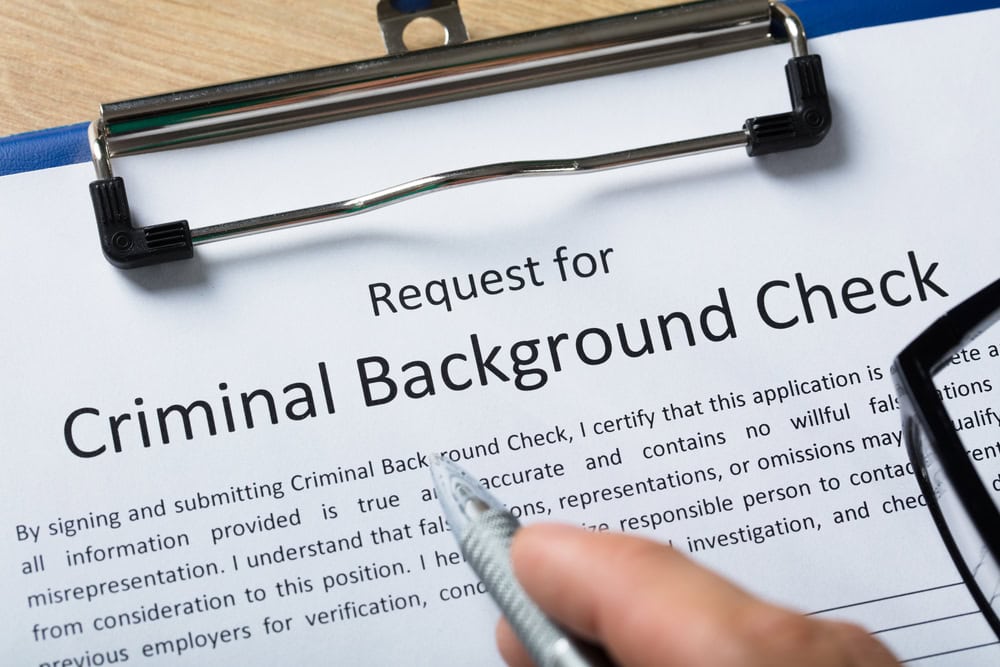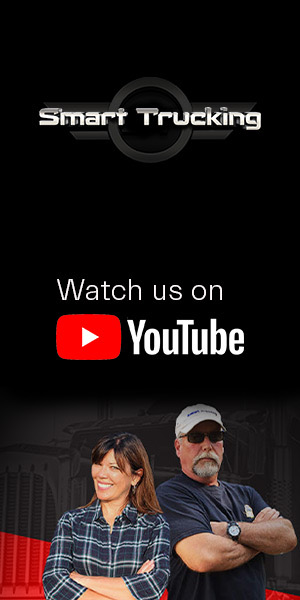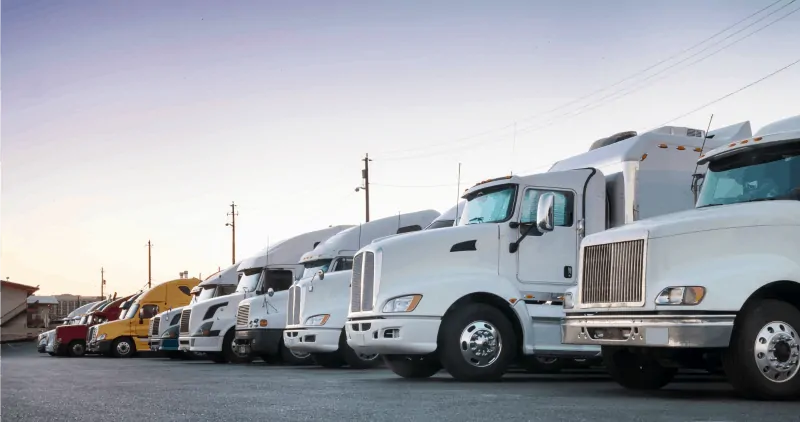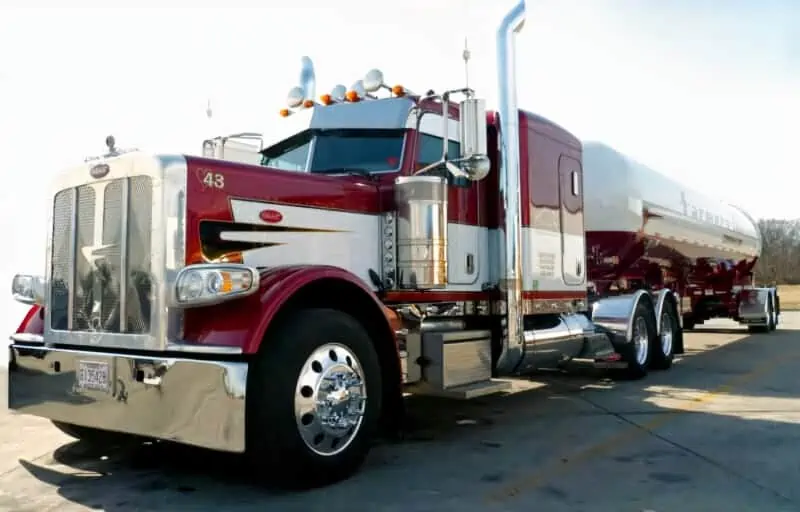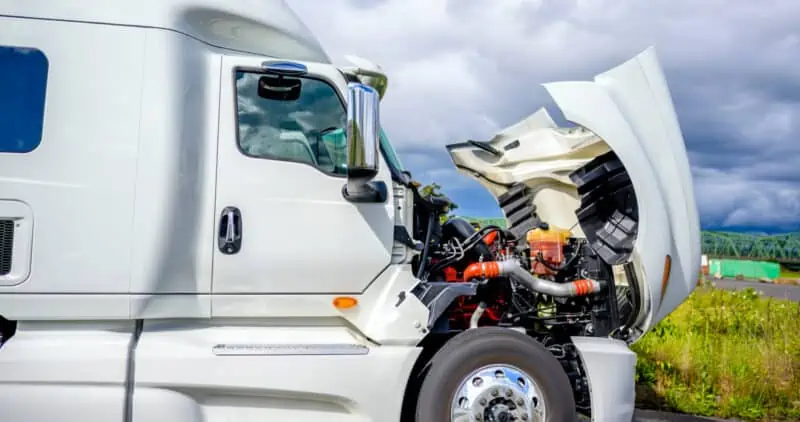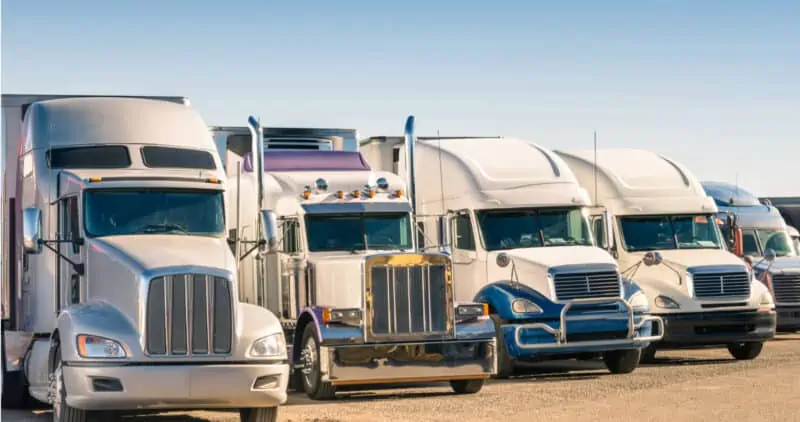Truck driving is more than just a job.
It’s a lifeline for our communities, delivering goods and keeping the wheels of the economy turning.
But for many, this path to a stable and rewarding career is blocked by a barrier that’s hard to overcome: a criminal record.
As society continues to evolve, the conversation around employment in the trucking industry intersects poignantly with the topic of criminal record discrimination.
This debate touches not only on societal values but also on economic necessities and ethical responsibilities, shaping careers and lives in profound ways.
The Roadblock: Criminal Records
Imagine being ready to start a new chapter in your life, only to find the door to opportunity firmly shut.
This is the reality for millions of Americans with criminal records, who face uphill battles in securing employment.
The trucking industry is not immune to this issue.
Despite a nationwide shortage of truck drivers, many qualified individuals are turned away due to past mistakes (1).
Navigating the trucking industry for those with past convictions is like driving through a maze of regulatory roadblocks.
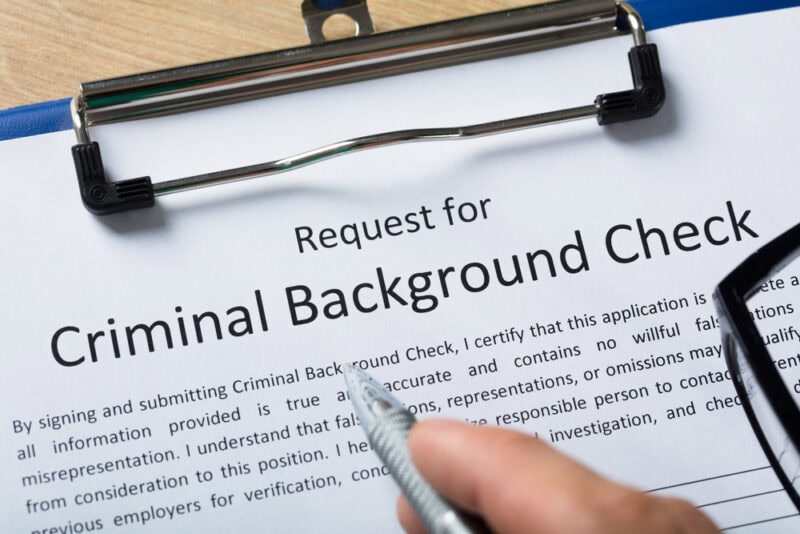
CDL Rules For Past Offences
Legislation at both the federal and state levels dictates strict requirements for obtaining a Commercial Driver’s License (CDL).
Certain offenses can mean a permanent disqualification or a long waiting period before the individualy is again eligible to train for a CDL.
These restrictions, while rooted in concerns for public safety, often don’t take into account the nature of the offense nor the rehabilitation efforts undertaken by individuals.
The complexity of these laws make for big hurdles faced by many potential drivers.
They also raise critical questions about the balance between safety and discrimination.
The Impact of Background Checks
Background checks are a standard part of the hiring process in many industries, including trucking. They’re meant to ensure the safety and trustworthiness of new hires.
However, nearly 70% of employers across the U.S. use criminal background checks to screen applicants, affecting over 70% of job applicants nationwide (1).
This widespread practice can disproportionately impact people of color, adding yet another layer of complexity to the issue.
A Second Chance: Employing Individuals With Criminal Records
There’s a growing recognition among HR professionals that individuals with criminal records can be just as reliable and competent as those without.
In fact, 85% of HR professionals believe these workers perform their jobs as well or better than their counterparts without records (2).
Employers in the trucking industry, facing a pressing need for drivers, are starting to reconsider their stance on hiring applicants with criminal backgrounds.
Ethically, the exclusion of individuals with a criminal record from the trucking industry (see Department of Transportation licensing regulations) points to a larger societal failure to integrate those seeking a second chance [5].
By prioritizing punitive measures over rehabilitative ones, companies could be contributing to a cycle of relapsing back to crime.
This ethical dilemma calls for a reevaluation of hiring practices, urging the trucking industry to balance safety concerns with offering redemption.
Then, the trucking industry can lead by example, showcasing the transformative power of employment and the pivotal role of forgiveness.
In navigating these issues, it is crucial to remember the faces behind the statistics and data.
Each number represents a life marked by struggle, but also by the potential for change.
The trucking industry can play a critical role in reshaping the narrative around criminal record discrimination by paving the way for a future where the open road truly symbolizes freedom and opportunity for all.
Trucking Companies Hiring Convicted Felons

Legal Landscapes: EEOC Guidance
The U.S. Equal Employment Opportunity Commission (EEOC) provides guidance to help employers navigate the use of arrest and conviction records in employment decisions.
It’s crucial for these policies to not disproportionately impact candidates based on race or national origin, aligning with Title VII of the Civil Rights Act of 1964 (3).
This legal framework underscores the need for fairness and equal opportunity in employment practices, including in trucking.
The Case for Reform: Driving Toward Change
The movement towards giving individuals with criminal records a fair chance at employment is gaining momentum.
Legal scholars argue for specific anti-discrimination statutes that address employment barriers based on criminal history, highlighting the need for reform (4).
This push for change is not just about opening doors for employment but also about breaking down barriers that hault societal reintegration and economic progress.
New policies should help address racial inequality, as these systemic barriers disproportionately affect certain racial groups [6].
Navigating a Brighter Future
The trucking industry stands at a crossroads, with the potential to lead the way in promoting improved hiring practices.
By reevaluating employment barriers and giving individuals with criminal records a chance to prove themselves, the industry can ease up its driver shortage and contribute to a more equitable society.
It’s a win-win situation. Individuals gain access to stable, decent paying jobs while the trucking industry benefits from a wider pool of dedicated and grateful employees.
As society continues to struggle with issues of equity and justice, the trucking industry has a unique opportunity to bring about some much needed change.
By embracing inclusive hiring practices, trucking can not only fill the seats with eager and capable drivers but also offer a lifeline to those looking for a second chance.
The road ahead is long, but with every step towards inclusivity, we pave the way for a more just and prosperous future for all.
References
[1] “Barred from Work: The Discriminatory Impacts of Criminal Background Checks in Employment – The Thurgood Marshall Institute at LDF.” https://tminsund-checks-employment/tituteldf.org/criminal-backgro
[2] “Employing Individuals with Criminal Records – SHRM.” https://www.shrm.org/topics-tools/tools/toolkits/employing-individuals-criminal-records
[3] “Enforcement Guidance on the Consideration of Arrest and Conviction Records in Employment Decisions under Title VII of the Civil Rights Act | U.S. Equal Employment Opportunity Commission.” https://www.eeoc.gov/laws/guidance/enforcement-guidance-consideration-arrest-and-conviction-records-employment-decisions
[4] “Employment Discrimination on the Basis of Criminal History: Why an Anti-Discrimination Statute is a Necessary Remedy.” https://scholarlycommons.law.northwestern.edu/cgi/viewcontent.cgi?article=7626&context=jclc
[5] “DOT Background Check Guide: The 10,001 LB Requirement” Background Check Repair, December 2021. From https://backgroundcheckrepair.org/dot-background-check/
[6] “How Background Checks Pose Racial Barriers of Entry in Employment & Housing” Records Page. From https://recordspage.org/background-checks-racial-barriers/
